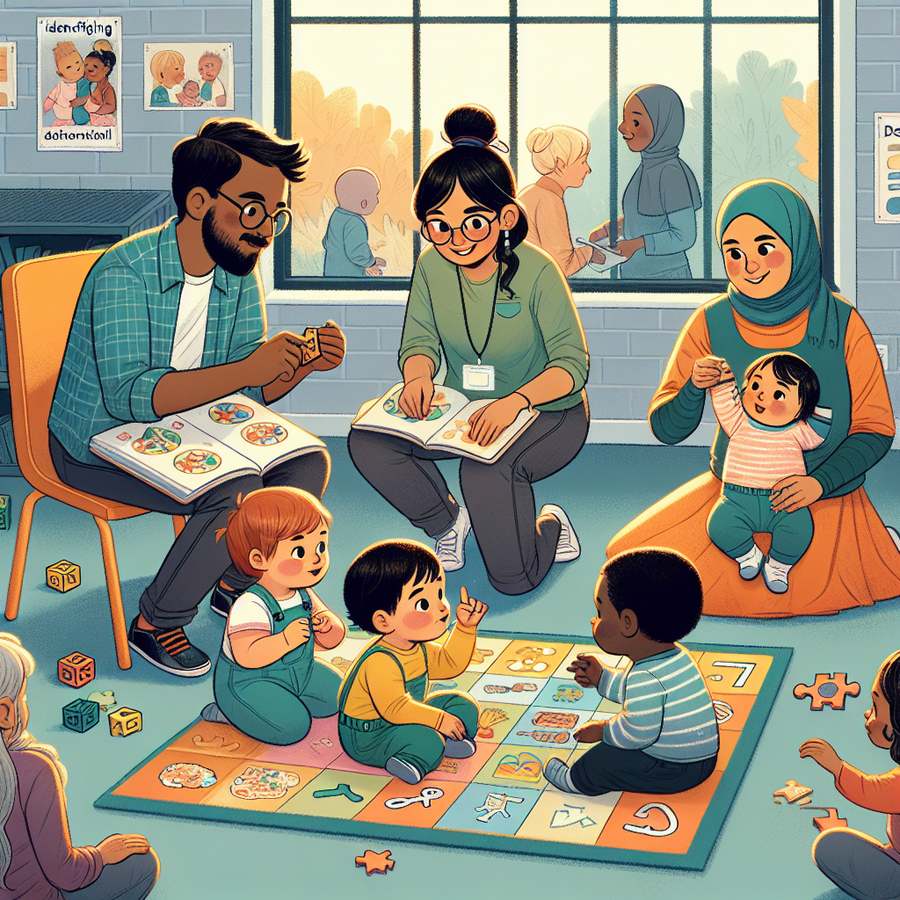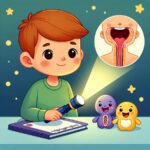Recognizing and responding to signs of developmental delays in children is pivotal for parents and caregivers, aiming to ensure a healthy growth trajectory. Early detection and intervention can make a significant difference in a child’s development, offering them the best chances for reaching their full potential. This guide dives deep into understanding developmental delays, recognizing the signs, and how to respond appropriately.
Understanding Developmental Delays in Children
Developmental delays can occur in various areas such as motor skills, speech and language, cognitive skills, social and emotional development, and activities of daily living. It’s crucial for parents to understand that developmental milestones serve as guidelines, not strict timelines. Every child’s development is unique, and minor delays aren’t necessarily a cause for concern. However, significant lags in reaching milestones could indicate the need for further evaluation.
Experts suggest that early intervention programs can be highly beneficial for children experiencing developmental delays. These programs provide tailored support, leveraging therapies and strategies to address specific areas of delay. By doing so, they maximize the child’s development and learning capabilities. The Centers for Disease Control and Prevention (CDC) underscores the importance of early detection and intervention.
Recognizing and Responding to Signs of Developmental Delays
Recognizing and responding to signs of developmental delays requires vigilance and understanding. Some of the key signs include the lack of social smiles or cooing in infants, delays in sitting up, crawling, or walking, difficulties with speech and language, and challenges in interacting with peers. It’s important for parents and caregivers to be aware of these signs and to monitor their child’s progress closely.
When concerns about developmental delays arise, the first step is to consult with a pediatrician. They can conduct or recommend assessments to identify specific areas of delay. Following diagnosis, a team of specialists might work together to develop a personalized intervention plan, which may include therapies such as physical therapy, speech therapy, and occupational therapy. Engaging in these interventions early can significantly improve outcomes for children with developmental delays.
Supporting Your Child’s Development at Home
Beyond professional interventions, there are numerous ways parents and caregivers can support their child’s development at home. Creating a stimulating environment filled with opportunities for play, exploration, and learning is key. Activities such as reading together, playing with age-appropriate toys, and encouraging social interaction can greatly benefit a child’s development.
Incorporating resources from trusted websites can also be beneficial. For example, choosing the safest baby car seats and learning essential first-aid skills can provide additional safety and security, further fostering an environment conducive to healthy development. Additionally, connecting with other parents through community groups or online forums, such as recognizing signs of food allergies in infants, can offer support and share valuable insights and experiences.
In conclusion, recognizing and responding to signs of developmental delays in children is a critical process that requires attention, understanding, and action from parents and caregivers. By being proactive in seeking evaluations and interventions, and by supporting their child’s development at home, parents can play a pivotal role in their child’s growth and well-being. Remember, every child is unique, and with the right support, they can reach their full potential.













